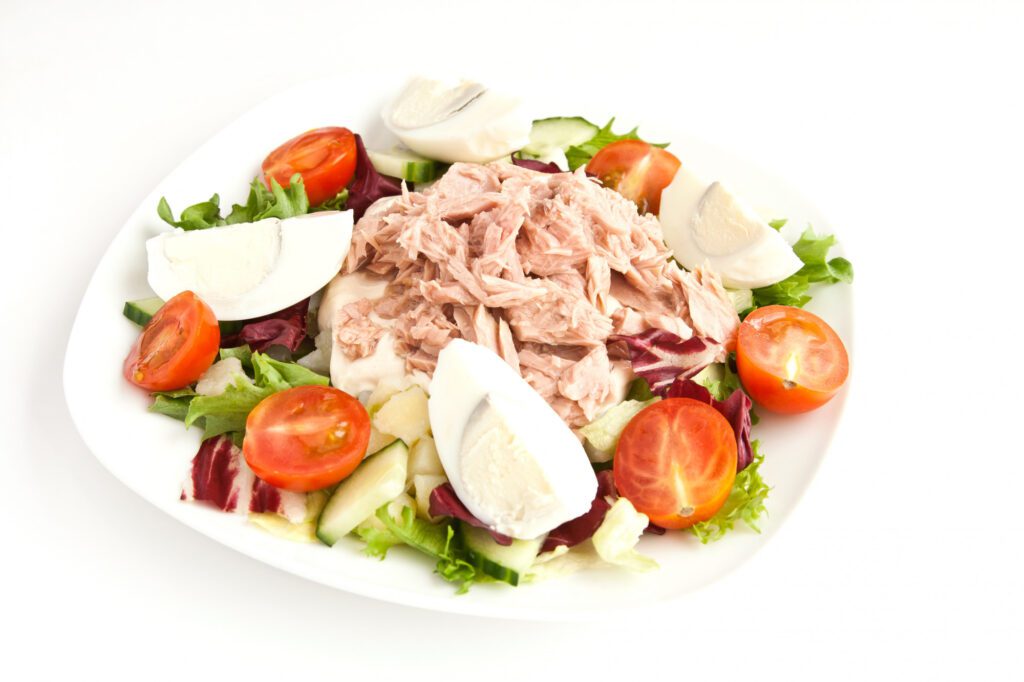Discover the Simplicity of Fasting Diets for Better Health
Discover the power of Fasting Diets with our easy-to-follow guide! Uncover the secret to weight loss, improved health, and a radiant glow. Start your journey to wellness today with Fasting Diets – the simple, sexy secret to lifelong health
1. Introduction to Fasting Diets
Fasting diets are a fascinating approach to eating that flips the script on traditional diets. Instead of focusing solely on what you eat, fasting diets also take into account when you eat. It’s like setting an eating schedule for yourself. There are times when you eat as you normally would, and times when you give your body a break and fast. This unique approach to eating has been gaining traction and becoming increasingly popular in recent years. It offers a fresh perspective on dieting and provides a flexible alternative to traditional diets that require constant calorie counting or restriction of certain foods.

2. Types of Fasting Diets
The beauty of fasting diets is that there’s not just one way to do it, there are several types, each with its own set of rules. One popular method is intermittent fasting, which involves setting specific hours of the day for eating and fasting. For instance, you might choose to eat during an 8-hour window and fast for the remaining 16 hours.
Another method is alternate-day fasting, where you alternate between days of normal eating and days of fasting. Then there’s time-restricted eating, where you limit your eating to a certain number of hours each day, say from noon to 8 p.m. The variety of fasting diets allows you to choose the one that best fits your lifestyle and personal preferences.
3. Benefits of Fasting Diets
Fasting diets come with a host of potential benefits that have caught the attention of both the public and the scientific community. For starters, they can aid in weight loss by naturally leading to a reduction in calorie intake. But the benefits go beyond just weight loss. Fasting diets can also enhance metabolic health by improving insulin resistance, reducing inflammation, and promoting heart health. These diets could even potentially increase longevity. Some research suggests that fasting diets could help extend lifespan, adding years of healthy living.
4. How to Start a Fasting Diet
Embarking on a fasting diet is a straightforward process. The first step is to decide which type of fasting diet you want to follow. This decision will depend on your health goals, lifestyle, and personal preferences. Once you’ve chosen a method, the next step is to determine your eating and fasting windows. For example, if you’re doing intermittent fasting, you might decide to eat from 12 p.m. to 8 p.m. and fast for the remaining 16 hours. The key is to create a schedule that you can stick to consistently, as consistency is crucial for seeing results with fasting diets.

5. Tips for Success on Fasting Diets
To succeed on a Time-Restricted Eating, it’s crucial to stay hydrated. Water is essential for our bodies to function properly, and it’s even more important when you’re fasting. Make sure to drink plenty of water throughout the day, not just during your eating windows.
Eating nutrient-dense foods during your eating windows is another key to success. These are foods that are high in nutrients but relatively low in calories. They can help you feel fuller for longer, which can make your fasting periods easier. Nutrient-dense foods include fruits, vegetables, lean proteins, and whole grains.
Finally, listen to your body. Everyone is different, and what works for one person might not work for another. If you’re feeling overly hungry or weak, it might be a sign that you need to adjust your fasting schedule or eat more during your eating windows. Remember, the goal is to find a fasting diet that is sustainable for you in the long term.
6. Potential Challenges of Fasting Diets
While many people find success with fasting diets, they’re not for everyone. Some people might find them difficult to stick to, especially at first. It can be challenging to go for extended periods without eating, especially if you’re used to eating every few hours. It’s important to start slow and gradually increase your fasting periods as your body adjusts.
Fasting diets can also be challenging for people with certain health conditions. For example, people with diabetes may need to closely monitor their blood sugar levels while fasting. People with low blood pressure may experience dizziness or fainting. If you have a health condition, it’s important to talk to your doctor before starting a fasting diet.
Even if you’re generally healthy, you might experience some side effects when you start a fasting diet. These can include hunger, fatigue, and headaches. These side effects are usually temporary and should go away as your body adjusts to the diet. However, if they persist, it might be a sign that the diet isn’t right for you.
7. Fasting Diets and Exercise
Exercise is an important part of any healthy lifestyle, and it’s no different when you’re on a fasting diet. The key is to find a balance that works for you. Some people prefer to exercise during their eating windows, when they have more energy. Others prefer to exercise during their fasting windows, as some research suggests that exercising in a fasted state can help with fat loss.
It’s also important to listen to your body. If you’re feeling weak or dizzy during your workouts, it might be a sign that you need to adjust your fasting schedule or eat a small snack before you exercise. Remember, the goal is to find a routine that is sustainable and enjoyable for you.
8. Time-Restricted Eating and Social Life
Navigating social situations while on a fasting diet can be tricky, but it’s definitely doable. With a little planning and communication, you can stick to your fasting schedule without missing out on social events. For example, if you know you have a dinner party coming up, you might choose to adjust your eating window to include the time of the party.
It’s also important to remember that it’s okay to be flexible. If you choose to eat outside of your usual eating window for a special occasion, it doesn’t mean you’ve failed. The most important thing is that you’re able to get back on track the next day.

9. Fasting Diets: A Tool, Not a Magic Bullet
While fasting diets can be a powerful tool for weight loss and health improvement, they’re not a magic bullet. It’s still important to eat a balanced diet and lead an overall healthy lifestyle. This means eating a variety of nutrient-dense foods, getting regular exercise, and getting enough sleep.
Remember, the key to successful weight loss and improved health is not just about dieting – it’s about making sustainable changes to your lifestyle that you can stick with in the long term. A fasting diet can be a part of this, but it’s not the only piece of the puzzle.
10. Final Words: Is a Fasting Diet Right for You?
Fasting diets offer many benefits, but they’re not for everyone. If you’re considering a fasting diet, it’s important to talk to your doctor or a registered dietitian to see if it’s a good fit for you. They can help you understand the potential benefits and risks, and can provide guidance on how to safely implement a fasting diet into your lifestyle.
In conclusion, fasting diets can be a powerful tool for weight loss and health improvement. However, like any diet, they require commitment and discipline. If you’re ready to make a change and think a fasting diet might be right for you, I encourage you to take the next step and speak with a healthcare professional. Good luck on your health journey!

